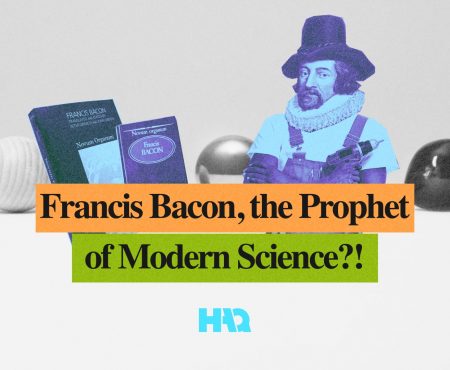Did you know Muslim scientists have made a lot of contributions to the world? They’ve contributed to many different fields of modern science and have invented great things. Watch this video to find out about a few of them!
What Muslims gave the scientific world
Seeking knowledge is obligatory in Islam for every Muslim men and women. The main sources of Islam, the Quran and the Sunnah (Prophet Muhammad’s traditions), encourage Muslims to seek knowledge and be scholars, since this is the best way for people to know Allah (God), to appreciate His wondrous creations and be thankful for them.
Muslim scientists have made tremendous contributions to the world of modern science. Islamic scientific achievements encompassed a wide range of subject areas, especially astronomy, mathematics, and medicine. Other subjects of scientific inquiry included alchemy and chemistry, botany and agronomy, geography and cartography, ophthalmology, pharmacology, physics, and zoology.
What is only now becoming clear (to many in the west) is that during the dark ages of medieval Europe, incredible scientific advances were made in the Muslim world. Geniuses in Baghdad, Cairo, Damascus and Cordoba took on the scholarly works of ancient Egypt, Mesopotamia, Persia, Greece, India and China, developing what we would call “modern” science. New disciplines emerged – algebra, trigonometry and chemistry as well as major advances in medicine, astronomy, engineering and agriculture. Arabic texts replaced Greek as the fonts of wisdom, helping to shape the scientific revolution of the Renaissance.
Science in the medieval Islamic world was the science developed and practised during the Islamic Golden Age under the Umayyads of Córdoba, the Abbadids of Seville, the Samanids, the Ziyarids, the Buyids in Persia, the Abbasid Caliphate and beyond, spanning the period roughly between 786 and 1258.
Medieval Islamic science had practical purposes as well as the goal of understanding. For example, Muslims have always had a special interest in astronomy. The moon and the sun are of vital importance in the daily life of every Muslim. By the moon, Muslims determine the beginning and the end of the months in their lunar calendar. By the sun the Muslims calculate the times for prayer and fasting. It is also by means of astronomy that Muslims can determine the precise direction of the Qiblah, to face the Ka’bah in Makkah, during prayer. The most precise solar calendar, superior to the Julian, is the Jilali, devised under the supervision of Umar Khayyam.
Islamic mathematicians such as Al-Khwarizmi, Avicenna and Jamshīd al-Kāshī made advances in algebra, trigonometry, geometry and Arabic numerals. Islamic doctors described diseases like smallpox and measles, and challenged classical Greek medical theory. Al-Biruni, Avicenna and others described the preparation of hundreds of drugs made from medicinal plants and chemical compounds. Islamic physicists such as Ibn Al-Haytham, Al-Bīrūnī, Abbas ibn Firnas and others studied optics and mechanics as well as astronomy.
Advances in botany and chemistry in the Islamic world encouraged developments in pharmacology. Muhammad ibn Zakarīya Rāzi (Rhazes) (865–915) promoted the medical uses of chemical compounds. Abu al-Qasim al-Zahrawi (Abulcasis) (936–1013) pioneered the preparation of medicines by sublimation and distillation. His Liber servitoris provides instructions for preparing “simples” from which were compounded the complex drugs then used.
It is interesting to know that the Muslim holy book, the Quran, contains many references to astronomy:
“The heavens and the earth were ordered rightly, and were made subservient to man, including the sun, the moon, the stars, and day and night. Every heavenly body moves in an orbit assigned to it by God and never digresses, making the universe an orderly cosmos whose life and existence, diminution and expansion, are totally determined by the Creator.” [Qur’an 30:22]
Muslim astronomers were the first to establish observatories, like the one built at Mugharah by Hulagu, the son of Genghis Khan, in Persia, and they invented instruments such as the quadrant and astrolabe, which led to advances not only in astronomy but in oceanic navigation, contributing to the European age of exploration.
Read more about Muslim scientists’ contributions to science on our website:
http://www.haqnetwork.com/article/muslim-scientists-contributions-to-modern-science





All comments (0)